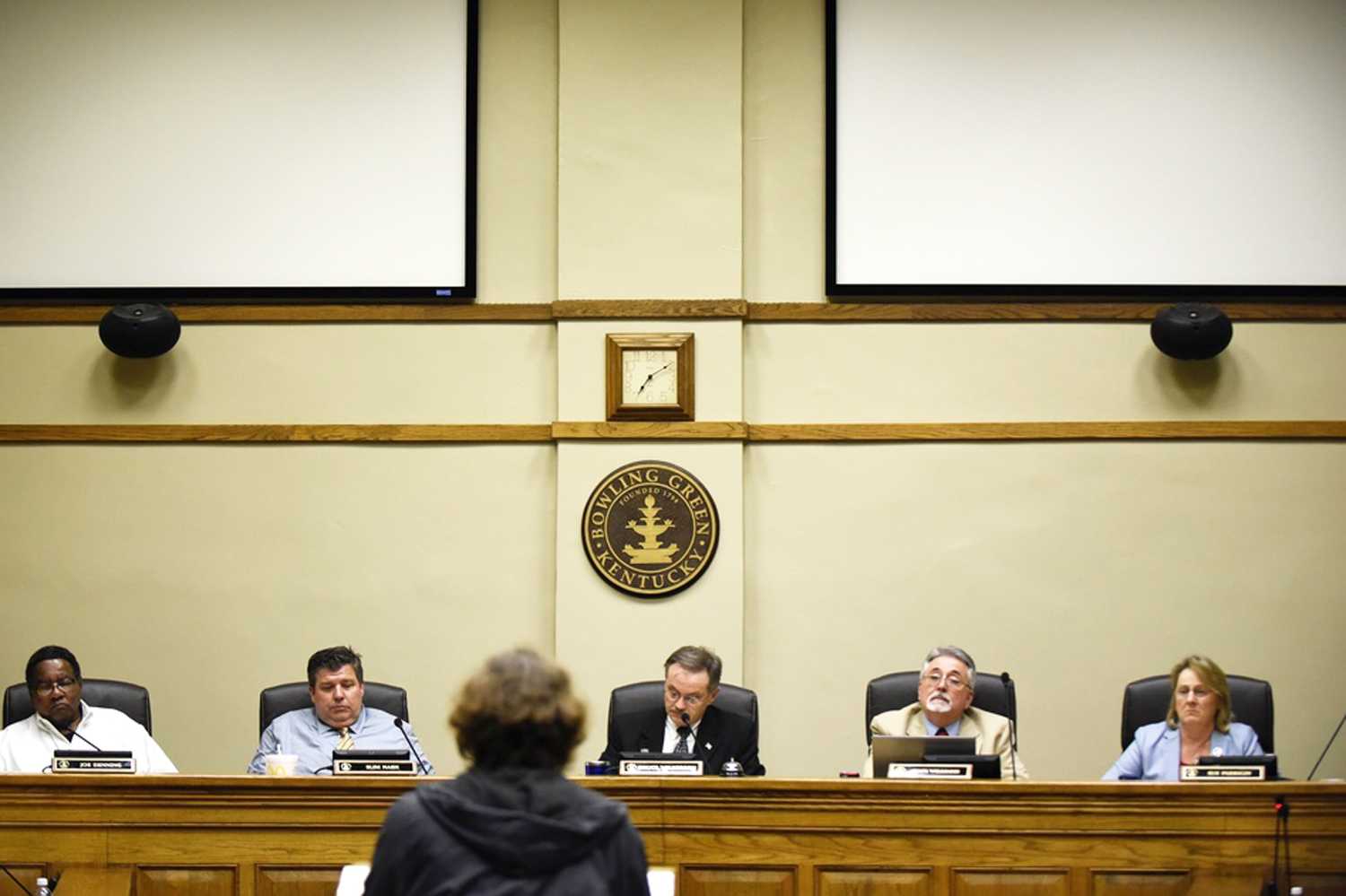For the past few weeks, issuing a Fairness Ordinance in Bowling Green has been a hot-button issue at City Commission meetings. After Slim Nash presented the ordinance over a month ago, two City Commission meetings were filled with impassioned speeches both for and against the ordinance.
Following debate from community members, city council members refused to second the ordinance for a vote, and the mayor also turned it down. However, the debate will likely continue as supporters and opponents have claimed they will continue to fight.
What is a Fairness Ordinance?
A Fairness Ordinance is a piece of local legislation that would protect individuals of the LGBT community from discrimination in the public sector. Without an ordinance, if an employer knew an employee identified as LGBT, they could fire him or her based on identity with no repercussions. Landlords could do the same to their renters.
Why is the Fairness Ordinance an issue in Bowling Green?
Issuing a Fairness Ordinance is an issue in Bowling Green because there are no state or federal protections for members of the LGBT community. Therefore, it falls on municipalities to issue any sort of protections they deem appropriate.
At the March 7 City Commission meeting, both proponents and opponents offered their reasoning for supporting and opposing the ordinance. The following were their main arguments.
Arguments supporting the Fairness Ordinance:
– Bowling Green is the largest city in Kentucky without an ordinance.
– LGBT community members deserve the same protections as everyone else in housing, employment, etc.
– City Commissioners should protect all Bowling Green residents and vote for the initiatives the community wants.
– Sexual orientation and religion are not mutually exclusive, meaning one can be gay and a Christian.
– The ordinance is simply about equality for all and does not infringe on religious beliefs.
– The Constitution separates church and state, so religious beliefs should not be considered in this debate.
Arguments opposing the Fairness Ordinance:
– The ordinance is unnecessary.
– This ordinance would give special rights to members of LGBT community.
– Christianity has a doctrine against homosexuality, making a fairness ordinance a violation of religious preferences.
– An ordinance sends a bad message to our youngest, most impressionable generations.
– Protecting LGBT individuals strips rights and protections from business owners by forcing them to serve people they do not agree with.
– Voting against the ordinance protects the majority.
Correction: Photographer Michael Noble Jr.’s name was misspelled at the time of publication. This error has been corrected.


